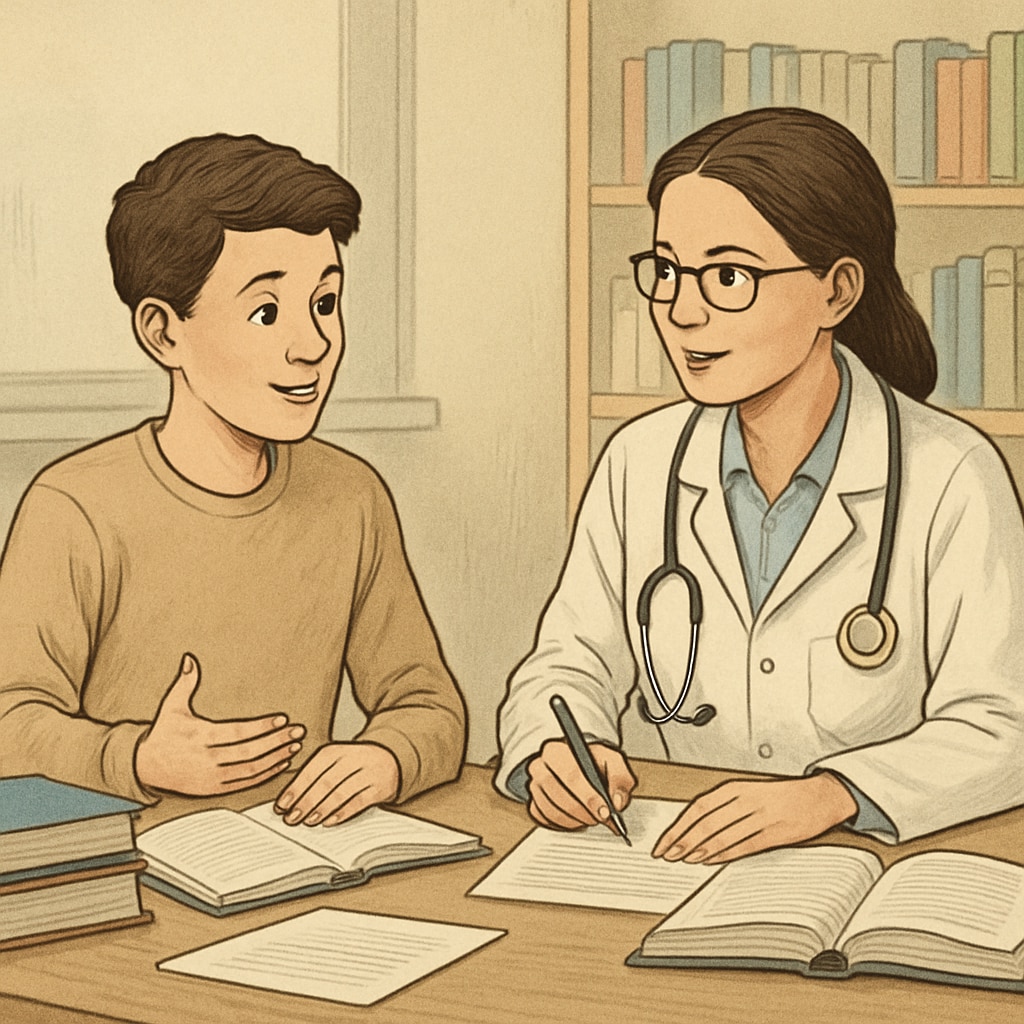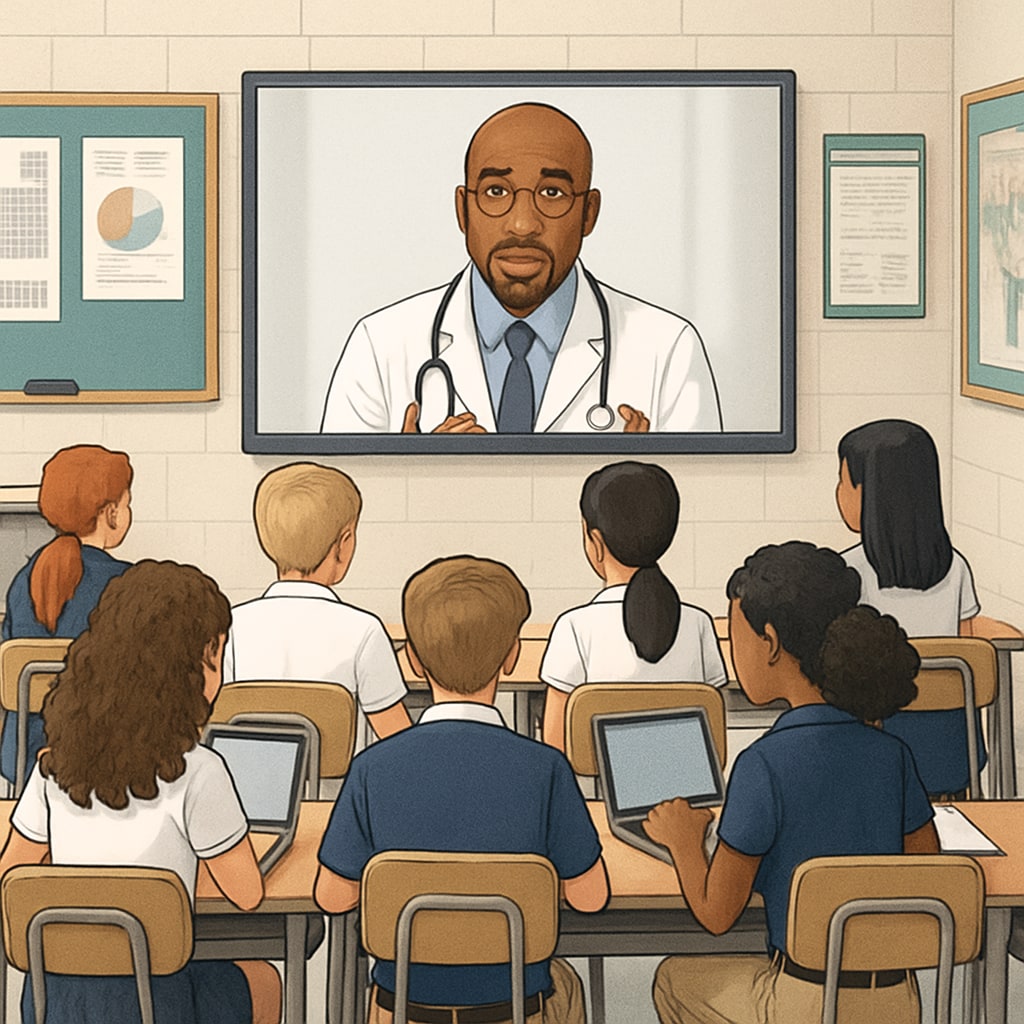Understanding the pathways to a medical career can be a daunting yet exciting journey for students. Tools like physician interviews, career surveys, and medical education resources provide K12 students with essential guidance to explore the diverse opportunities in medicine. This article delves into the importance of early career exploration within the medical field and offers practical tips for implementing career surveys and interviews in K12 learning environments.
The Importance of Early Medical Career Exploration
Introducing K12 students to medical careers early can spark their interest and clarify the steps needed to achieve long-term goals. Medicine is a multifaceted field that includes not only becoming a physician but also exploring roles in research, public health, nursing, and healthcare management. Early exposure helps students understand the breadth of opportunities and align their interests with potential career paths.
A career survey tailored for K12 students can serve as a structured way to assess their interests, skills, and values. These surveys often help students identify how their personal strengths align with medical professions. When combined with physician interviews, students gain a more holistic understanding of the real-world challenges and rewards of a medical career.

How Career Surveys Shape Student Understanding
Career surveys offer a research-backed method to introduce students to various medical fields. For instance, surveys can include questions about students’ preferences for working in high-pressure environments, their interest in science and biology, or their desire to impact patient lives directly. These insights help educators and counselors guide students toward appropriate medical education pathways.
In addition, career surveys can be customized to encourage critical thinking. For example:
- What motivates you to consider a career in healthcare?
- What skills do you think are necessary for becoming a successful doctor or nurse?
- Are you comfortable with the idea of lifelong learning, which is essential in medicine?
These reflective questions not only provide valuable data but also prepare students for the kind of problem-solving they will encounter in their future careers.
Strategies for Conducting Physician Interviews
Physician interviews give students a firsthand look into the medical profession, allowing them to connect theory with practice. To make the most of these opportunities, educators can follow these practical strategies:
- Prepare Thoughtful Questions: Encourage students to ask about the daily responsibilities, challenges, and rewards of the physician’s role. Example questions could include, “What inspired you to pursue medicine?” or “What advice would you give to a high school student interested in this field?”
- Encourage Interactivity: Students should feel comfortable engaging in dialogue rather than simply observing. This makes the experience more meaningful.
- Debrief After the Interview: Post-interview discussions can help students process what they’ve learned and apply it to their career planning.

Incorporating Medical Education into K12 Curriculum
Beyond surveys and interviews, schools can integrate medical education into their curriculum to provide students with a well-rounded understanding of the field. For example:
- Hosting workshops on medical ethics, public health, or anatomy basics.
- Inviting guest speakers from different medical specialties to share their experiences.
- Organizing field trips to hospitals, research labs, or medical colleges for hands-on exposure.
These activities complement traditional learning and inspire students to pursue medicine with confidence and clarity.
Conclusion: Guiding Students Toward a Meaningful Career
By leveraging tools like physician interviews and career surveys, educators can play a pivotal role in shaping students’ medical career aspirations. Early exposure not only helps students make informed decisions but also fosters a sense of purpose and motivation. As the demand for skilled healthcare professionals grows, preparing students for the challenges and opportunities in medicine becomes increasingly important. With the right guidance, K12 students can embark on a journey that leads to a fulfilling career in the medical field.
For more information about career surveys and medical education, check out these resources:
American Association of Medical Colleges and Healthcare Careers on BLS.
Readability guidance: This article maintains concise paragraphs, includes lists for clarity, and distributes keywords naturally. It uses a mix of professional yet accessible language to engage both educators and students.


